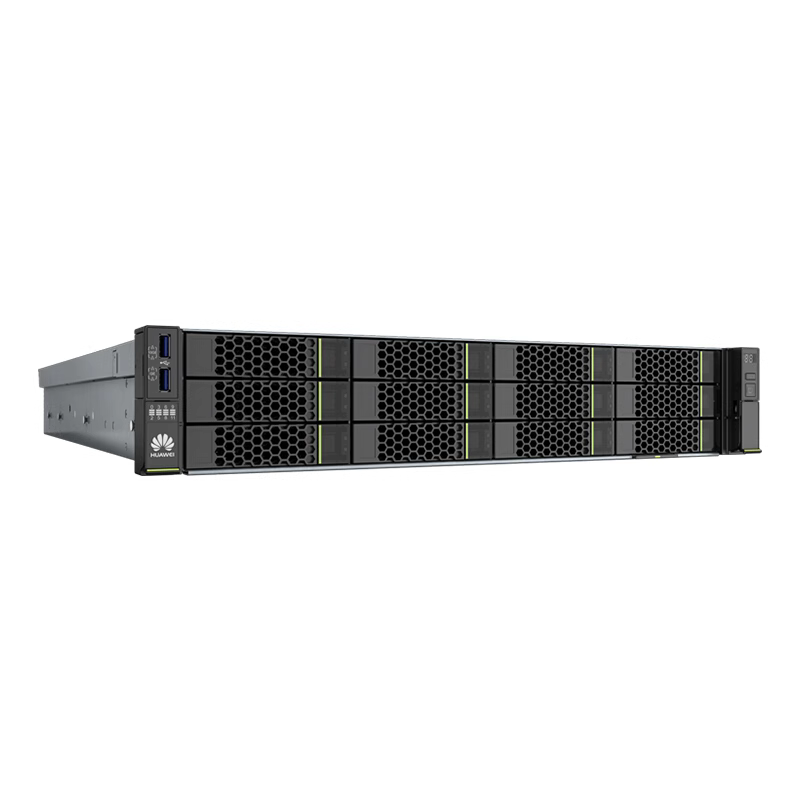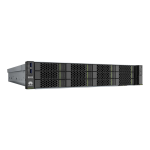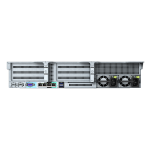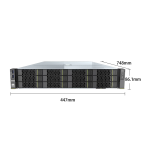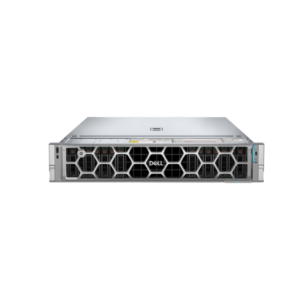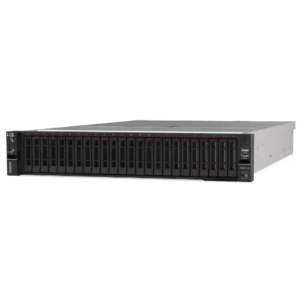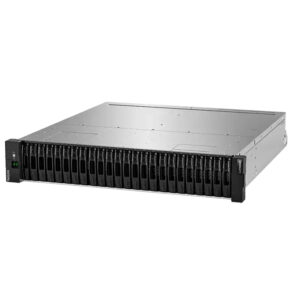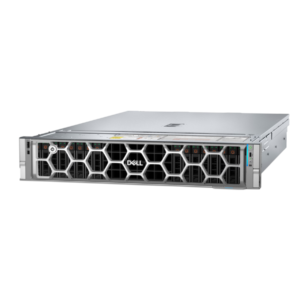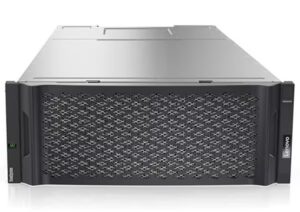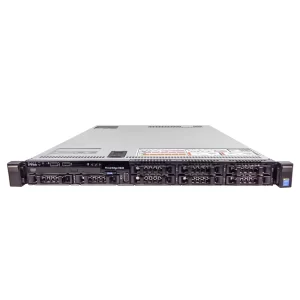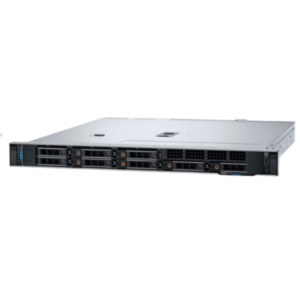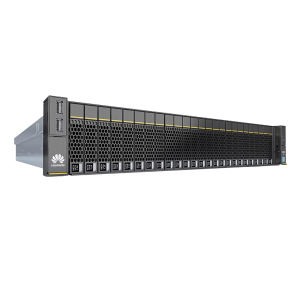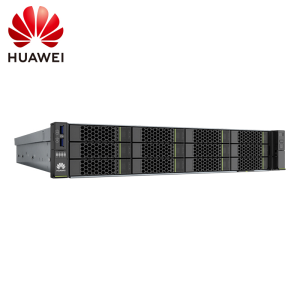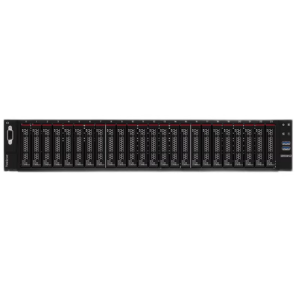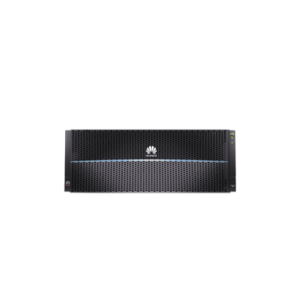Technical Specifications
|
Component |
Specifications |
|---|---|
|
Form factor |
2U rack server |
|
Chipset |
Intel® C621A |
|
Processor |
Supports one or two processors.
NOTE: The preceding information is for reference only. For details, see “Search Parts” in the Compatibility Checker. |
|
DIMM |
NOTE: The preceding information is for reference only. For details, see “Search Parts” in the Compatibility Checker. |
|
Storage |
Supports a variety of drive configurations. For details, see Drive Configurations.
NOTE: If the BIOS is in legacy mode, the 4K drive cannot be used as the boot drive. |
|
Network |
Supports expansion capability of multiple types of networks.
|
|
I/O expansion |
Supports 9 PCIe slots.
NOTE: The preceding information is for reference only. For details, see “Search Parts” in the Compatibility Checker. |
|
Port |
Supports a variety of ports.
NOTE: You are not advised to install the operating system on the USB storage media. |
|
Video card |
An SM750 video chip with 32 MB display memory is integrated on the mainboard. The maximum display resolution is 1920 x 1200 at 60 Hz with 16 M colors. NOTE: The integrated video card can provide the maximum display resolution (1920 x 1200) only after the video card driver matching the operating system version is installed. Otherwise, only the default resolution supported by the operating system is provided. |
|
System management |
|
|
Security feature |
|
 Sell Dell/Xfusion/Huawei server,From China.
Sell Dell/Xfusion/Huawei server,From China.
